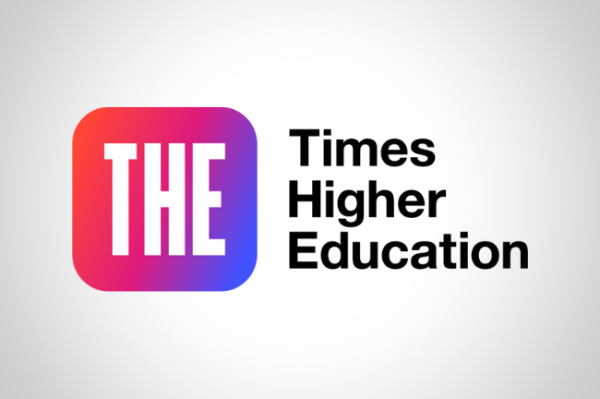As remote learning continues to be the norm for many students around the world, professors are becoming increasingly concerned about the lack of privacy and control over their work in the digital realm. From online course materials to video lectures, academics are worried about the potential for ‘digital surveillance’ of their professional activities.
One of the main concerns is the lack of control over how their lectures and materials are being used. With online courses, it is easy for students to record lectures, take screenshots of slides, and share materials with others without the professor’s knowledge or consent. This can lead to issues of intellectual property theft and academic dishonesty.
Additionally, professors are worried about the data being collected on them and their students. Many online learning platforms track student behavior, including how long they spend on assignments, which materials they access, and even their physical location while engaging with course materials. This data can be used by the platform or other entities for various purposes, including targeted advertising or surveillance.
Furthermore, the rise of online proctoring services has also raised concerns among professors. These services use algorithms to monitor students during exams, using facial recognition, eye-tracking, and keystroke analysis to detect cheating behavior. While these tools are meant to maintain academic integrity, some professors worry about the invasion of privacy and the potential for bias in these surveillance methods.
Overall, professors are calling for more transparency and control over their digital work. They are advocating for clearer policies on data collection and use, as well as more secure platforms that prioritize privacy and security. Additionally, they are pushing for more training and resources on digital literacy and cybersecurity to ensure that both professors and students are aware of the risks and best practices in the online learning environment.
In a time where technology is increasingly central to education, it is crucial that we address these concerns and prioritize the protection of academic freedom and privacy. By working together to establish clear guidelines and standards, we can ensure a more ethical and secure digital learning environment for all.


